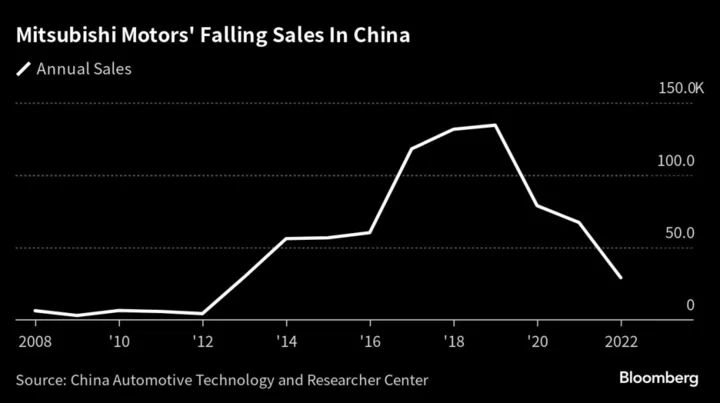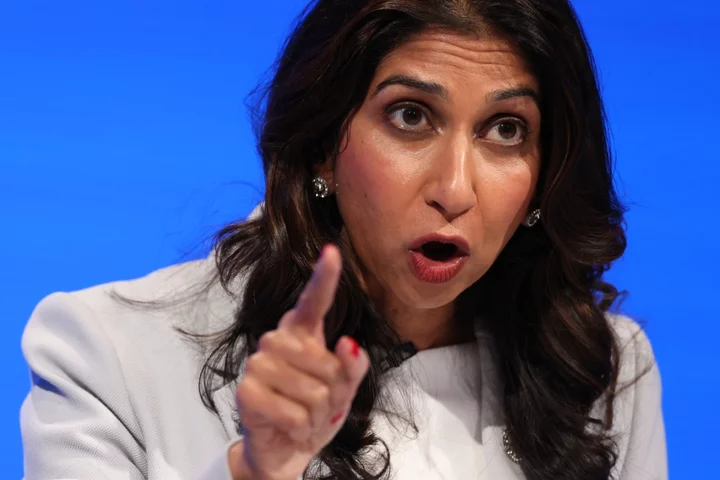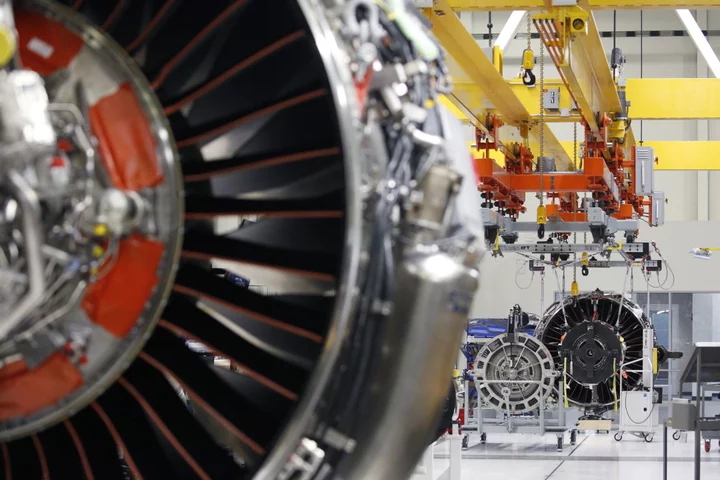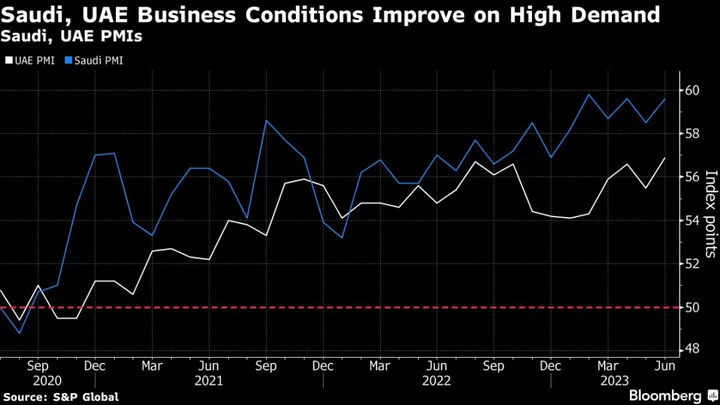Mitsubishi Motors Corp. will end production in China, the Nikkei reported Wednesday, two months after the Japanese automaker suspended its business in the country following years of poor sales.
The company is making final arrangements with its Chinese venture partner Guangzhou Automobile Group Co. to cease manufacturing, according to the report, which didn’t disclose where the information came from.
A Mitsubishi Motors spokesperson told Bloomberg News that the company is “discussing future plans among shareholders and nothing is finalized as yet.”
The venture, GAC Mitsubishi Motors Co., has a factory in Hunan province in southern China. Earlier this year, Mitsubishi Motors said it halted its China business indefinitely and was going to lay off staff. A July 12 company memo that circulated on Chinese social media said sales had fallen far below expectations in a market rapidly shifting to electric vehicles.
Mitsubishi’s wobbles in China echo the struggles of other Japanese carmakers, which have been slow to roll out EVs and have lost market share to newer competitors like Tesla Inc. and BYD Co.
Honda Motor Co. and Nissan Motor Co. sales in China, the world’s biggest car market, have been falling for at least two years. Toyota Motor Corp.’s deliveries last year declined for the first time in a decade.
Read More: China’s EV Revolution Shows Grim Future for Japan Car Titans
Mitsubishi Motors Chief Executive Officer Takao Kato said in May that it was clear the company needed to revisit its strategy in China.
Chinese buyers are taking to EVs like no others — one in every four cars sold in the country last year was electric. While Japanese carmakers have pledged to roll out more EVs, they are playing a tough game of catchup to market leaders Tesla and BYD and a host of others, including Chinese manufacturers such as Nio Inc. and Xpeng Inc.
Mitsubishi Motors sold only 515 of its electric Airtrek sport-utility vehicles in China in 2022, while its overall production in the country slid to 1,530 cars in January, and then to nothing as operations were suspended.
The company said in March it plans to invest as much as ¥1.8 trillion ($12 billion) on electrification by 2030. Its shares have risen about 20% in Tokyo since the start of April.
(Updates with more details on China business.)









